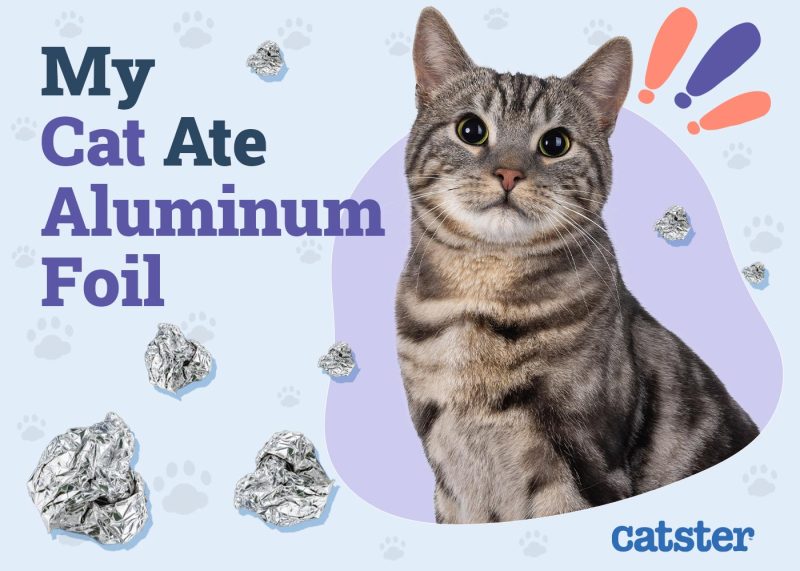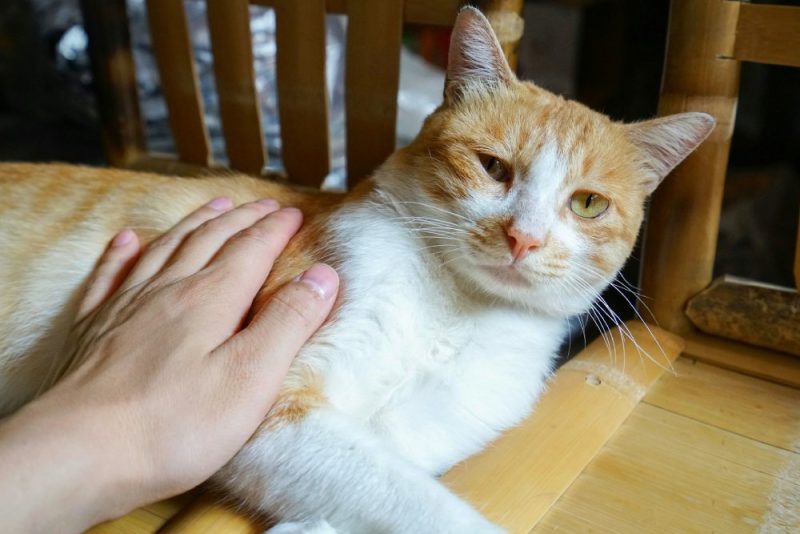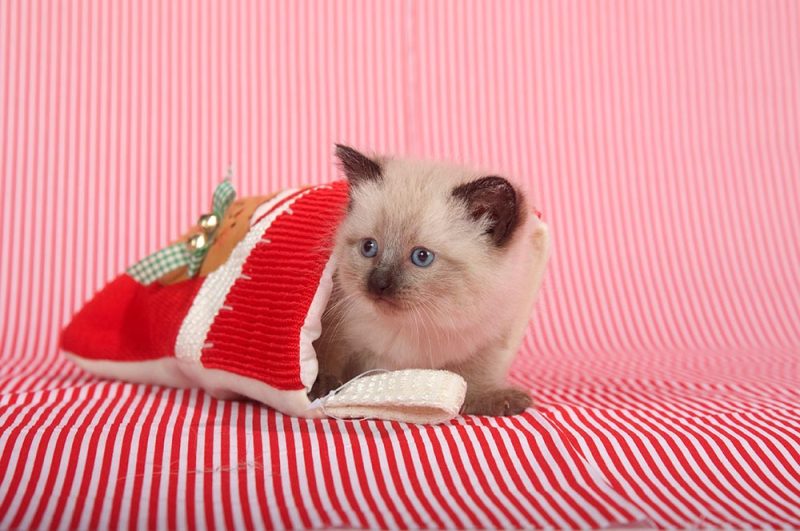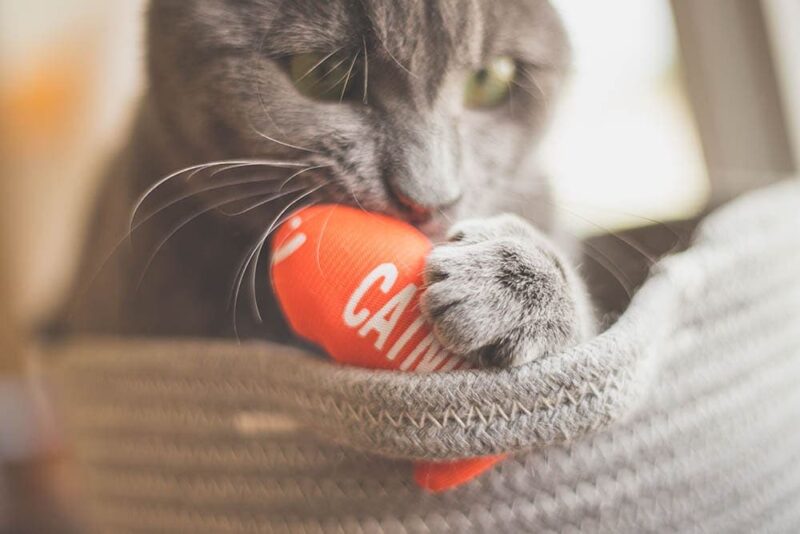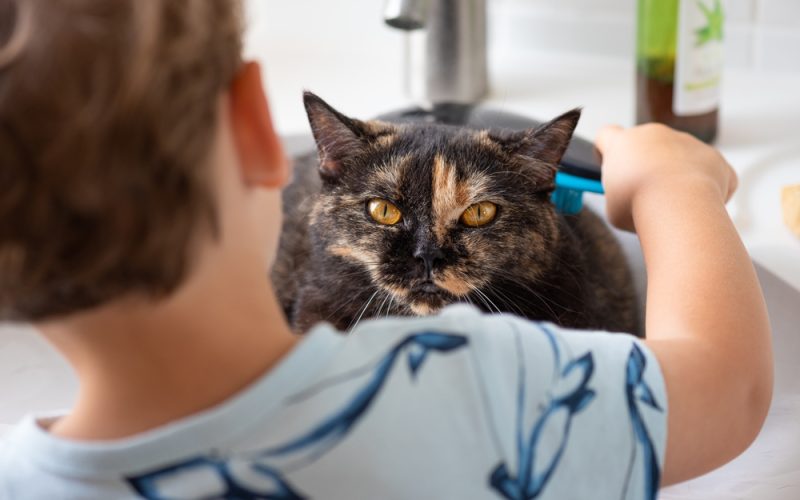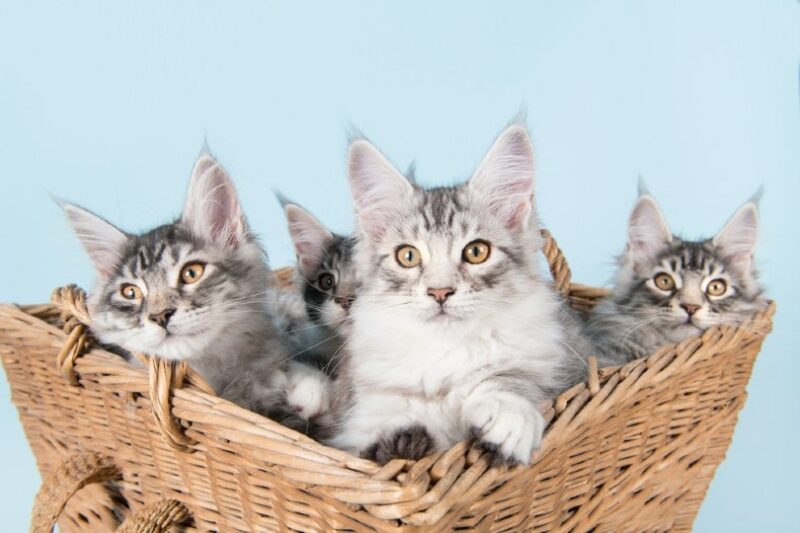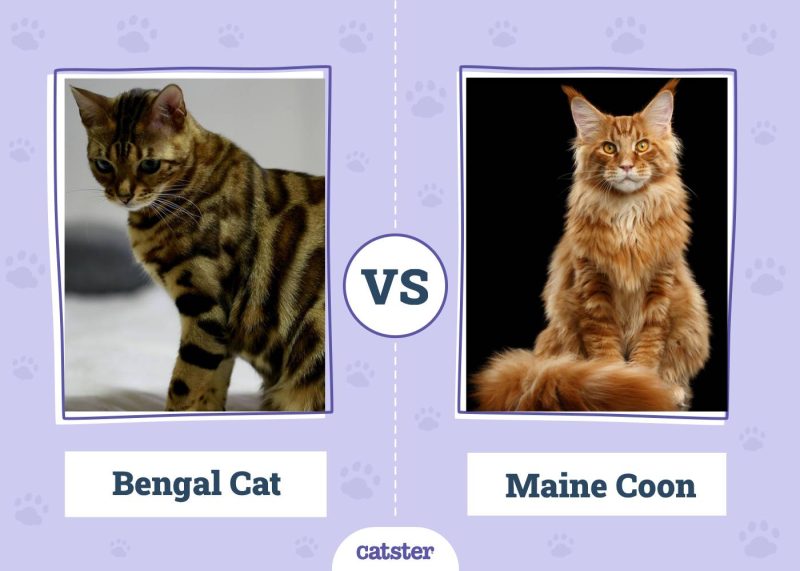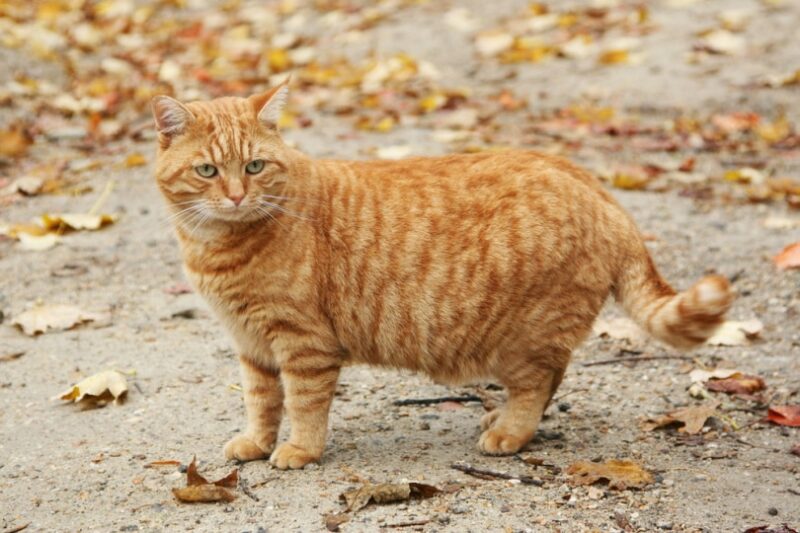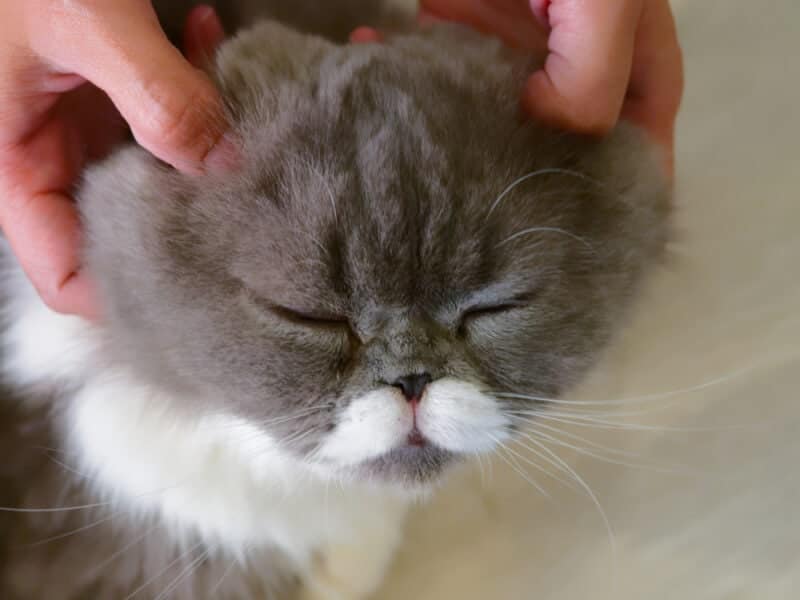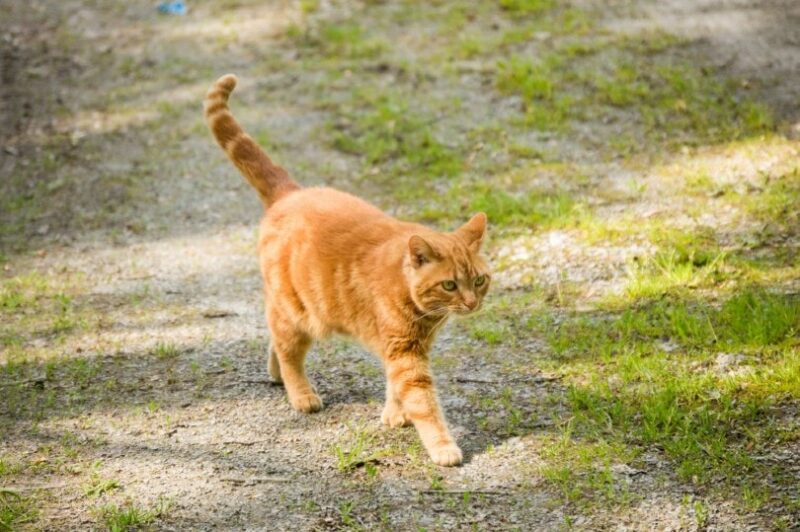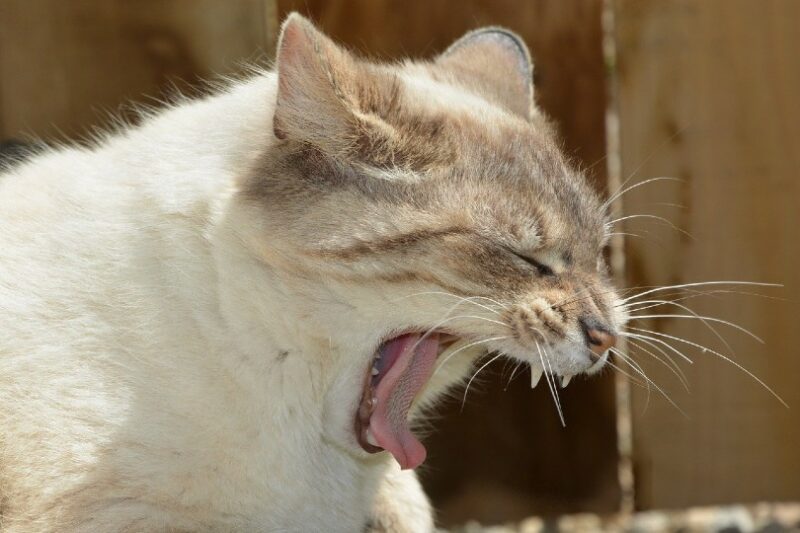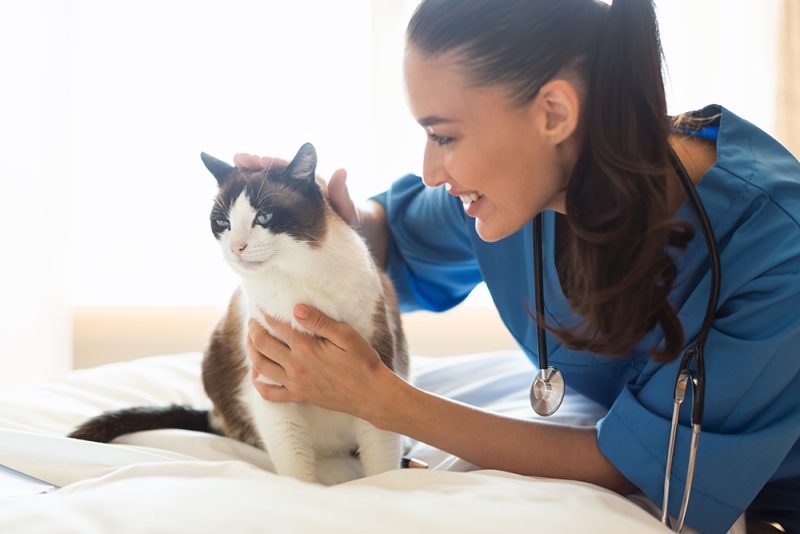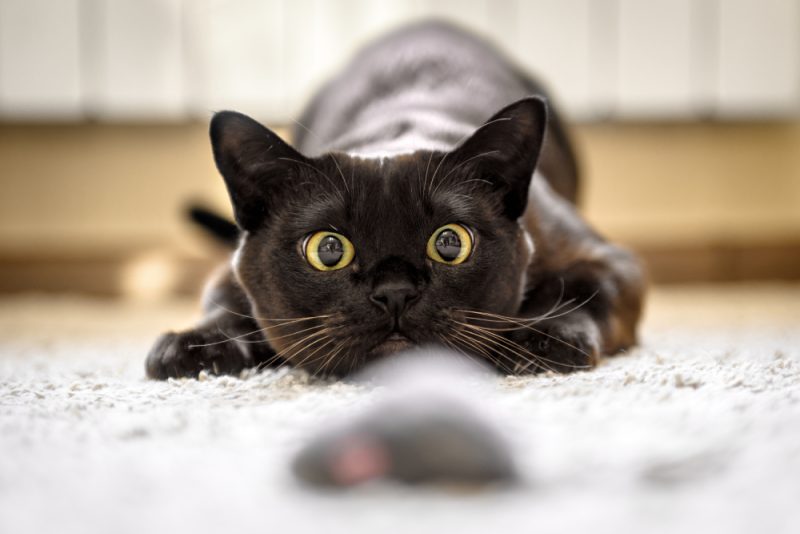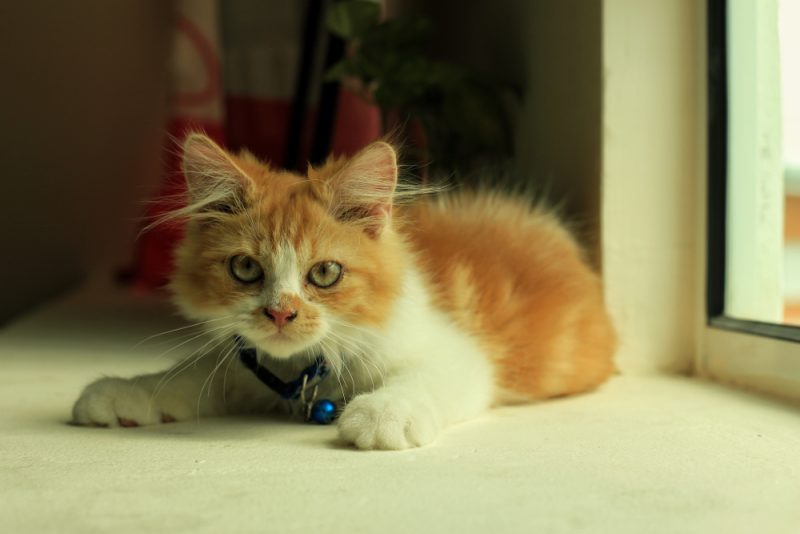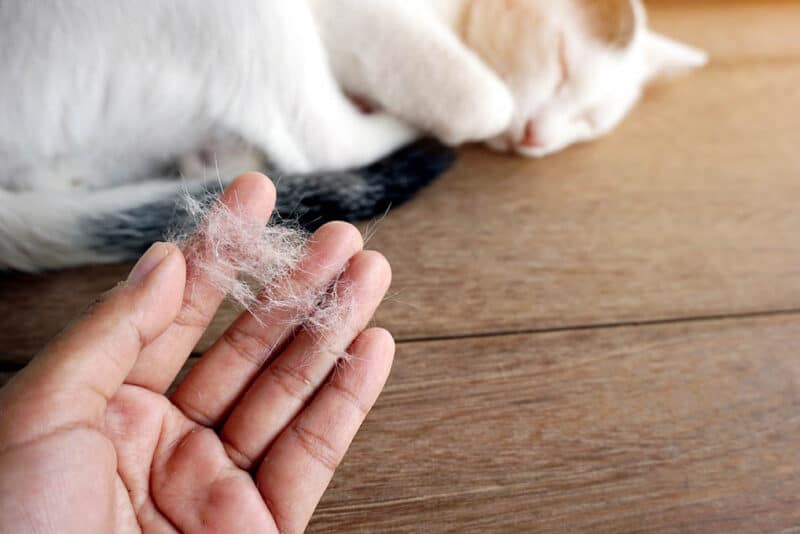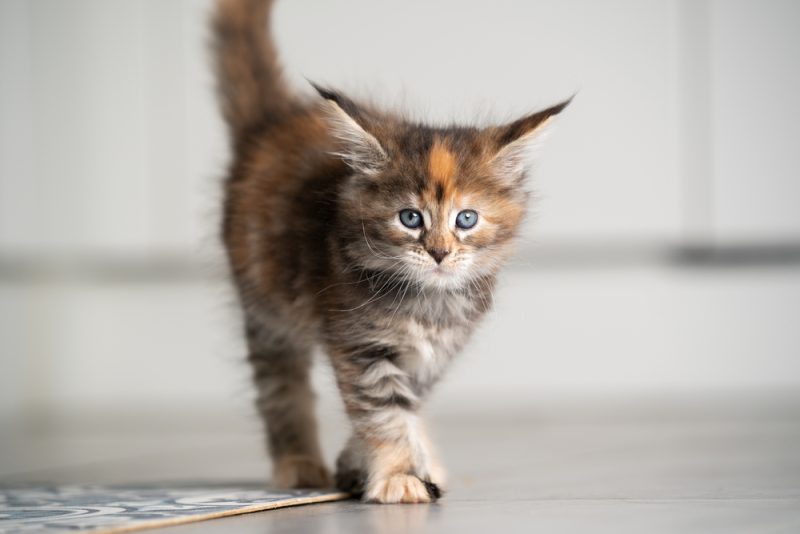In this article
It’s a well-known fact that many cats are not fond of aluminum foil, and some hate it. The horrible noise, reflective surface, and odd texture make cats uncomfortable, but does aluminum foil cause actual harm to cats? If you’re worried about whether it is safe for cats to consume aluminum foil, keep reading.
If your cat swallows aluminum foil, it is essential to get them to a vet as fast as possible as it can cause significant problems. We’ll tell you all you need to know about cats accidentally consuming aluminum foil.

Is Aluminum Foil Safe for Cats?
If your cat consumes aluminum foil, consult a vet immediately; aluminum foil can cause digestive issues for your cat. Foil cannot be digested and can cause a fatal obstruction if not treated promptly, depending on the amount the cat has ingested.
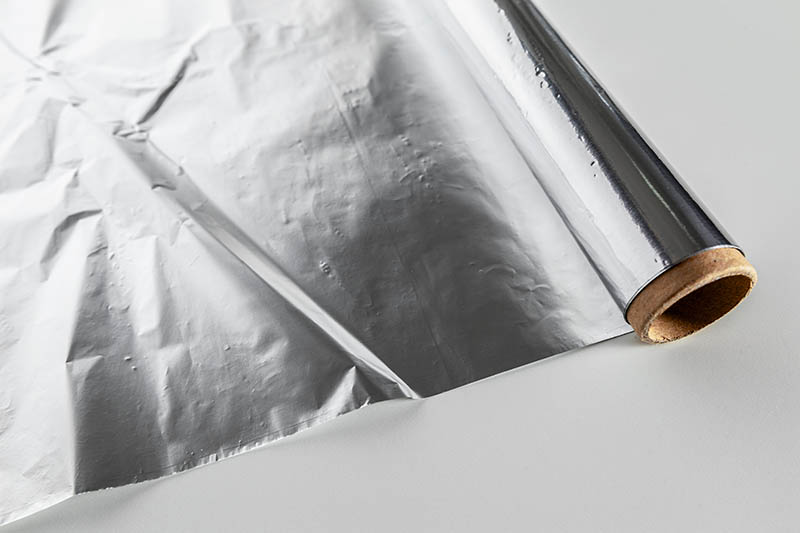
What Does Aluminum Foil Do to a Cat?
Aluminum foil can cause many problems if swallowed by a cat. When consumed, it can become stuck in the throat and cause choking, and if it manages to make it past the cat’s throat, the danger isn’t over. It can become lodged in the stomach or intestines.
Aluminum foil is impossible to digest; if it becomes lodged in the stomach or intestines, in case of a significant amount or a small cat or kitten, it will not go away on its own and must be removed by a vet, endoscopically or surgically.
It becomes compressed when it reaches the intestines, and when aluminum foil becomes compressed, it may get sharp edges. The sharp edges can damage the cat’s mouth and the lining of their stomach and intestines, which is extremely dangerous.
If your cat appears to be in any discomfort after swallowing tin foil, it’s best to get them to a vet as fast as possible. If they seem fine, don’t be fooled, as they may not show any signs of an obstruction or digestive issue for 24 hours or longer, so it’s essential to consult a vet as soon as you realize they have swallowed some.
If you need to speak with a vet but can't get to one, head over to PangoVet. It's an online service where you can talk to a vet online and get the advice you need for your pet — all at an affordable price!

Is Aluminum Foil Toxic?
As mentioned previously, aluminum foil is a foreign object that is very dangerous but not toxic to your cat. So, licking an aluminum foil ball will not cause any harm to your cat, but you should watch them very carefully to ensure they don’t eat it.
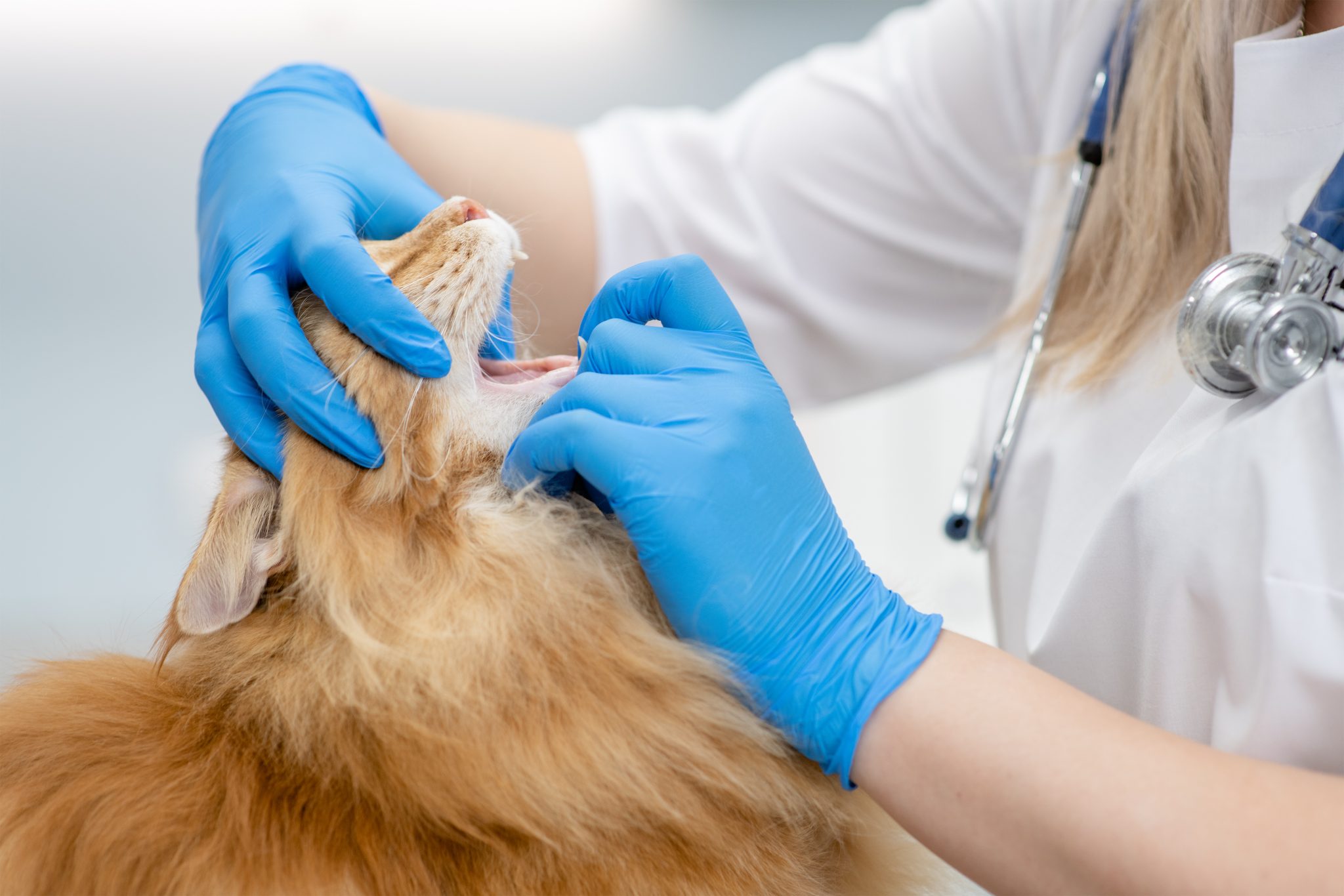
What to Do if Your Cat Consumes Aluminum Foil
If your cat consumes aluminum foil, you should immediately contact a vet, and they’ll be able to tell you what to do. You’ll most likely have to visit the vet’s office or an emergency clinic but remember to mention any troubling signs and estimate how much foil and how long ago your cat may have eaten it.
If your cat has only swallowed a very small amount of foil, a vet may recommend for you to monitor them for signs of an obstruction, some of which are:
- Reduced appetite
- Lethargy
- Vomiting
- Diarrhea
- Straining to defecate
- Painful and hunched abdomen
- Nausea
- Sometimes, distended abdomen
- Reduced activity
A veterinarian may also recommend feeding your cat bulky food rich in fiber to increase the gut transit time and hopefully pass the foil naturally in the feces. The vet will suggest this if they are happy that the cat is fine, does not have signs of an obstruction, and the piece of foil is very small, meaning the cat may not need immediate treatment. Otherwise, your cat needs to see the vet immediately.

Closing Thoughts
Although it isn’t toxic, aluminum foil can cause significant problems if your cat consumes it. It can become stuck in your cat’s throat and lead to choking or wind up lodged in their stomach or intestines. Since aluminum foil can’t be digested, it remains whole and can become stuck; once stuck, it becomes compressed, and the sharp edges can damage your cat’s digestive tract from the inside. If your cat swallows aluminum foil, getting them to a vet as fast as possible is essential.
Featured Image Credit: Rupert Kittinger-Sereinig, Pixabay
